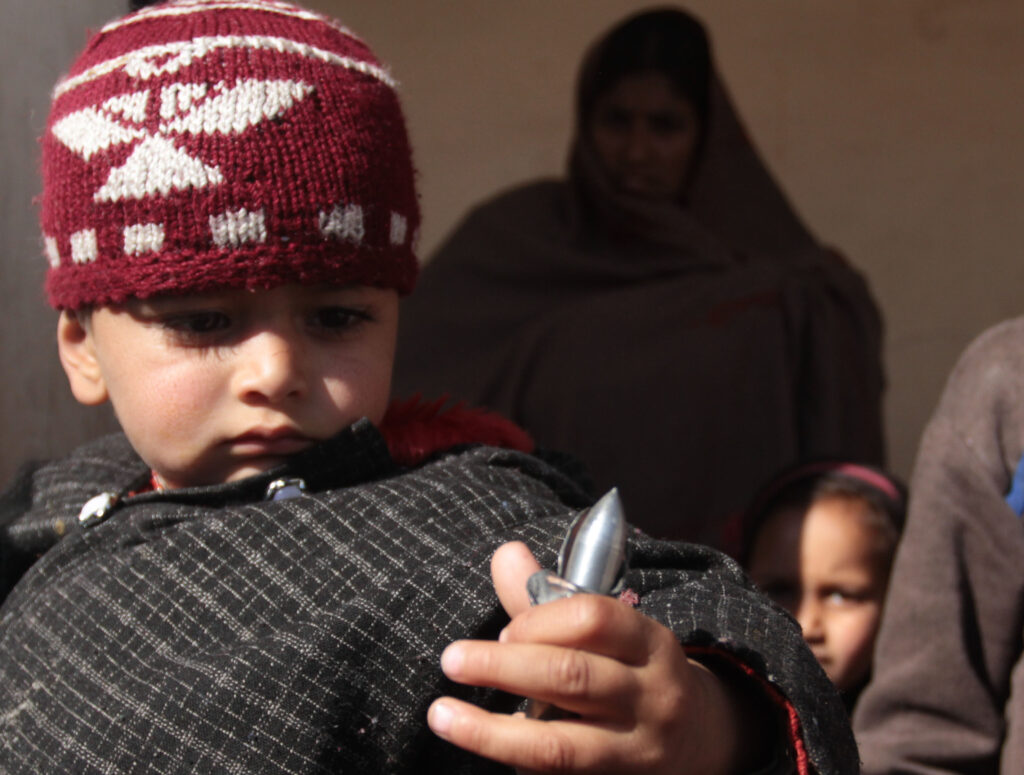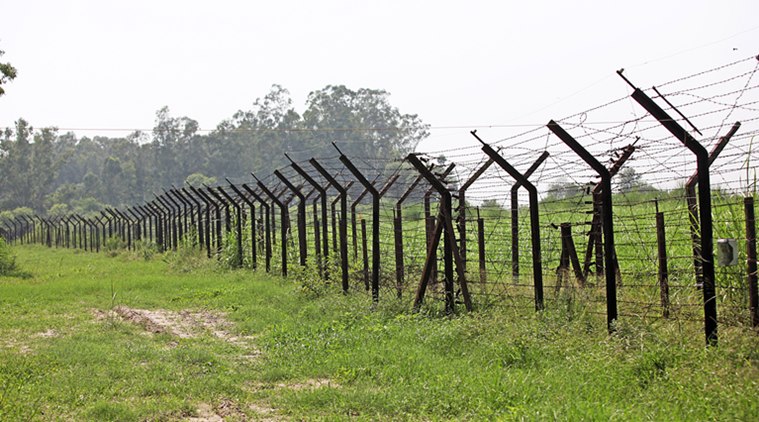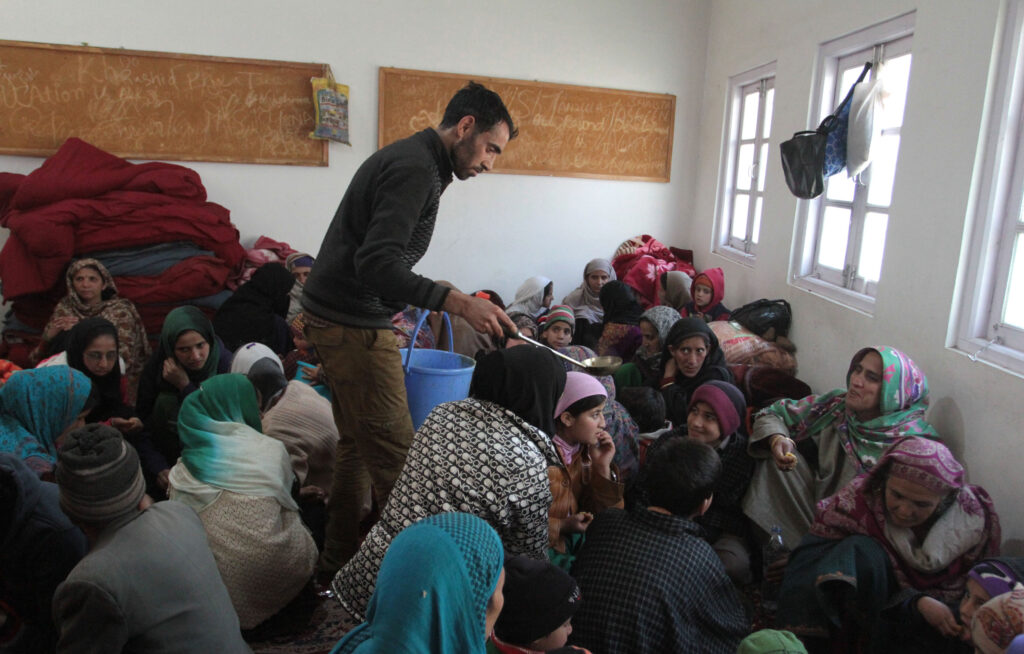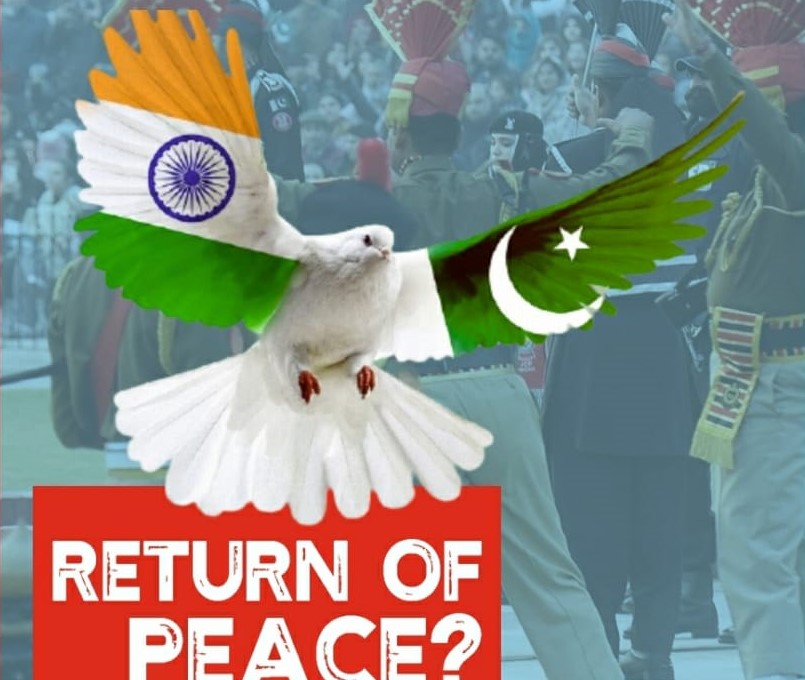In February, surprising the world community, India and Pakistan took fresh vows to uphold the 2003 ceasefire agreement. The guns-down pledge has calmed the Kashmir border, igniting hopes in the mainland that more peace initiatives must follow.
By Jehangir Ali
After nearly two years of acrimonious relationship following the 2019 Pulwama suicide bombing that brought India and Pakistan on the brink of an all-out war, the two nuclear-armed countries surprised the world last month by renewing their pledge to observe the ceasefire agreement.

A joint statement by the Director Generals of Military Operations (DGMOs) of India and Pakistan said both sides “agreed for strict observance of all agreements, understandings and cease firing along the Line of Control and all other sectors with effect from midnight of February 24/25.”
“According to official data, 31 civilians were killed in ceasefire violations since August 5, 2019, when New Delhi read down provisions of Article 370 which granted special status to Jammu and Kashmir.”
“In the interest of achieving mutually beneficial and sustainable peace along the borders, the two DGMOs agreed to address each other’s core issues and concerns which have the propensity to disturb the peace and lead to violence,” the joint statement said.

After years of diplomacy, India and Pakistan entered into the ceasefire agreement in 2003 when the BJP government was in power at the Centre. According to reports, a calm prevailed on the Kashmir border for three years, and not a single bullet was fired.
But since 2006, the agreement has been often violated, resulting in the senseless loss of civilian lives. The agreement became redundant, especially since the 2019 Pulwama bombing, which pushed the region to the brink of a nuclear catastrophe and sparked a record level of violence along the Line of Control.
“Over 2000 ceasefire violations were reported in 2018, which jumped to over 3,400 in 2019 and over 5,000 in 2020. According to official data, more than 14,000 ceasefire violations have taken place since 2006.”
The fresh vows of the ceasefire have immediately brought a sense of relief along with with the border areas of Jammu and Kashmir, which have borne the brunt of escalations in tensions between India and Pakistan.
According to official data, 31 civilians were killed in ceasefire violations since August 5, 2019, when New Delhi read down provisions of Article 370, which granted special status to Jammu and Kashmir.
Over 2000 ceasefire violations were reported in 2018, which jumped to over 3,400 in 2019 and over 5,000 in 2020. According to official data, more than 14,000 ceasefire violations have taken place since 2006.
“Guns have fallen silent. We can now go to sleep without the fear of getting bombed,” said Lal Din Khatana, a resident of Kamalkote in the Uri sector along the LoC.
“This is for the first time in many years that we are able to hear the azaan from mosques on another side (of LoC). But no one is sure how long this calm will last.”
The breakthrough on the LoC came amid reports that the two countries had resumed backchannel diplomacy. Days before the announcement, Pakistan Army chief General Qamar Javed Bajwa on February 2 had referred to “peaceful coexistence” with India, which had surprised many, given the Pak Army’s hardline approach on Kashmir.
Later, in a significant departure from its usual posturing at international forums, Pakistan stuck to the topic of the Covid-19 pandemic in a virtual SAARC meeting called by Prime Minister Narendra Modi. Unlike in the past, there was no usual rhetorical reference to the Kashmir issue during the meeting.
According to reports, National Security Advisor Ajit Doval and his Pakistani counterpart Moeed Yusuf met in a “neutral” country to finalise the revival of the 2003 agreement before the announcement was made public.
The announcement has now sparked calls for resumption of the cross LoC trade and travel between the two parts of Kashmir, one of which is under the control of Islamabad.
Mohammad Younis, a resident of Salamabad in Uri whose relatives live in another part of Kashmir, said the two countries must resume the bus service and allow the separated families to see each other.
“The start of the bus service had ended the decades of separation and grief shared by many families like ours. If the bus service is resumed, it will certainly lessen our pain,” Younis said.
The revival of the ceasefire agreement has also evoked hopes of peace returning to Kashmir. The United States, as well as the United Nation, welcomed the thaw in Indo-Pak relations.
“The US welcomes the joint statement that the two countries have agreed to maintain strict observance of the ceasefire agreement… This is a positive step towards greater peace and stability in South Asia. We encourage both countries to keep building upon this progress,” the US State Department said.

Jammu and Kashmir’s mainstream political parties, such as National Conference and Peoples Democratic Party, termed the move as a “positive development.”
“It is a welcome development,” said PDP leader Firdous Tak. “Dialogue between India and Pakistan is the only way to bring peace to Kashmir. We hope the two countries take further steps to deescalate the tensions.”
Welcoming the announcement, National Conference leader and spokesman Imran Nabi Dar said the revival of the ceasefire agreement would end the trauma of people living along the Line of Control.
“They (border residents) have lived under continuous fear of death and destruction. This announcement will certainly bring a semblance of peace in their lives, and their children will be able to go to school without any fear,” Imran said.

“Our party has always welcomed any decision which is aimed at ending violence. It (revival of ceasefire agreement) is certainly a welcome announcement that will bring respite to thousands of border residents in Jammu and Kashmir.
But there are fears that a single shot on the LoC, even if unintended, has the potential to crash the hopes of peace. With the summers coming, the melting snow on the mountains will also open up routes of infiltration.
“We are committed to respect the agreement. We will give border ceasefire the best shot and won’t be trigger happy. If there is an incident, we will raise the issue and talk to the other side,” said Lt Gen B S Raju, the GoC of Srinagar-based strategic 15 Corps.
Political analysts believe that the revival of the ceasefire agreement has happened after backchannel talks involving the Army and political leadership in Islamabad led by Prime Minister Imran Khan. “The Pak army chief’s call for peace ahead of the revival of the Indo-Pak ceasefire agreement is significant. After the downturn in Indo-Pak relations post-Pulwama suicide bombing, the two countries can only go forward from here. But a single shot or a single attack can upend the whole process,” said Prof Noor A Baba, senior political commentator and former professor at the University of Kashmir’s Political Science department.

Leave a Reply